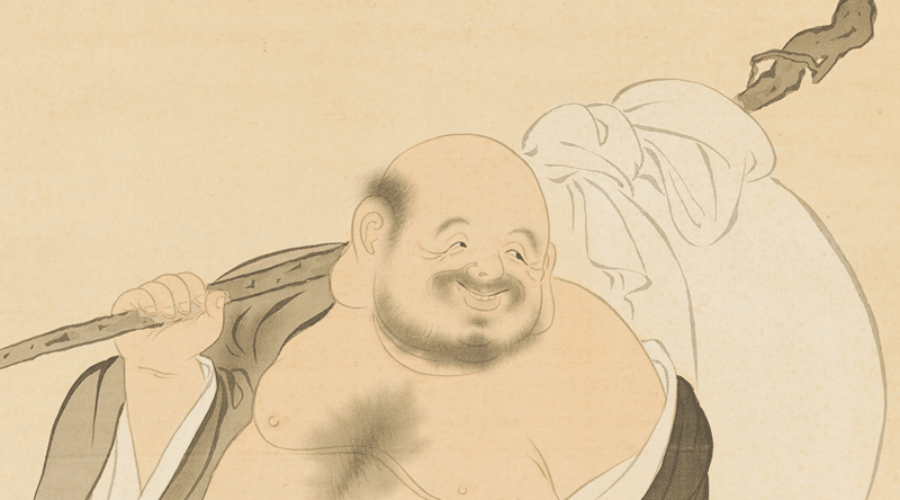Most people get happier as they reach their 50s, 60s and 70s. But people who are obsessive-compulsive and perfectionistic may miss out on the potential benefits. Their default strategy of control can block the those benefits, and leave us metaphorically pushing a rock up a hill, only to have it come crashing down again.
Too often our efforts to be conscientious overshoot their goal and we become rigid and rulebound instead. Sometimes this is because we follow convention rather than conscience, and other times it’s because we have forgotten our original motivation. In both cases, becoming more mindful of conscience and more skillful in how we execute it can put us back on track, rather than driving nowhere.
Since people with obsessive-compulsive personality traits often feel that the right thing is to hold on to money, time, objects and compliments, they may miss out on the benefits of generosity. And since they tend to get engrossed in goals, projects, and fixing things, they may neurologically wire themselves into a narrow focus which excludes generosity. I can’t guarantee you’ll feel happier if you engage in large or small acts of kindness, but I do believe there is a very good chance that you will at least feel like your life has more meaning—and, silver lining for the compulsive—you’ll feel like you have more control over your mood.
True Confidence is not confidence that you’ll get the decision right and everything will work out just fine and dandy, but that you’ll be able to handle whatever comes up—including your anxiety.
But perhaps most importantly, one of the best strategies to help you retire from the Stupidity Police is to simply look in the mirror. It helps me to let up on other people just to recall my own stupidities—without lambasting myself for them.
Chronic Urgency Stress Syndrome (CUSS) and That Monster Hiding Under Your Bed
At the healthy end of the obsessive-compulsive spectrum we find meaningful urges that were lost when urgency to deal with anxiety and insecurity took over. Creating, producing, and fixing can fulfill our need for purpose if approached mindfully. But too often our urgency leads to an amnesia for meaning.
Some habits that bring you into therapy could slow your progress down, but some of your traits, used consciously, could speed you up. This is the nature of therapy, and working these through is what makes it brighter on the other side. Any effort you put into making therapy work will also make your life work.
4 Lessons Perfectionists Learn When They Befriend the Archetype of the Fool
My approach to psychotherapy includes the removal and reduction of symptoms, and, at least as...
Building a solid foundation of basic respect, and furnishing it with self-compassion will diminish imposter syndrome. Rather than splitting yourself between how you look and how you feel, image yourself as whole, congruent and harmonious, all parts embraced by consciousness. Then you’re ready to face those challenges that are only partly in your control.
Demand Resistance: What It Is, What Drives It, and How It Serves or Cheats Us
Imagine a couple going through fertility treatment. They’re expected to make love at certain times...
Subscribe to Blog via Email
The Healthy Compulsive Podcast
Categories
Recent Posts
- Breaking Horses: 6 Signs That You’re Micromanaging July 1, 2025
- Navigating Challenges for the Perfectionist Father: From the Horrific to the Heroic June 14, 2025
- Should You Unearth the Past? How Looking Back Can Help us Move Forward May 27, 2025
- This is Not a Test: 3 Steps to Winning the Battle Against Insecurity April 29, 2025
- Want to Make Life Easier? Break the Habits that Make It More Difficult Than It Needs to Be April 8, 2025
Archives
Available at Amazon and Barnes and Noble













